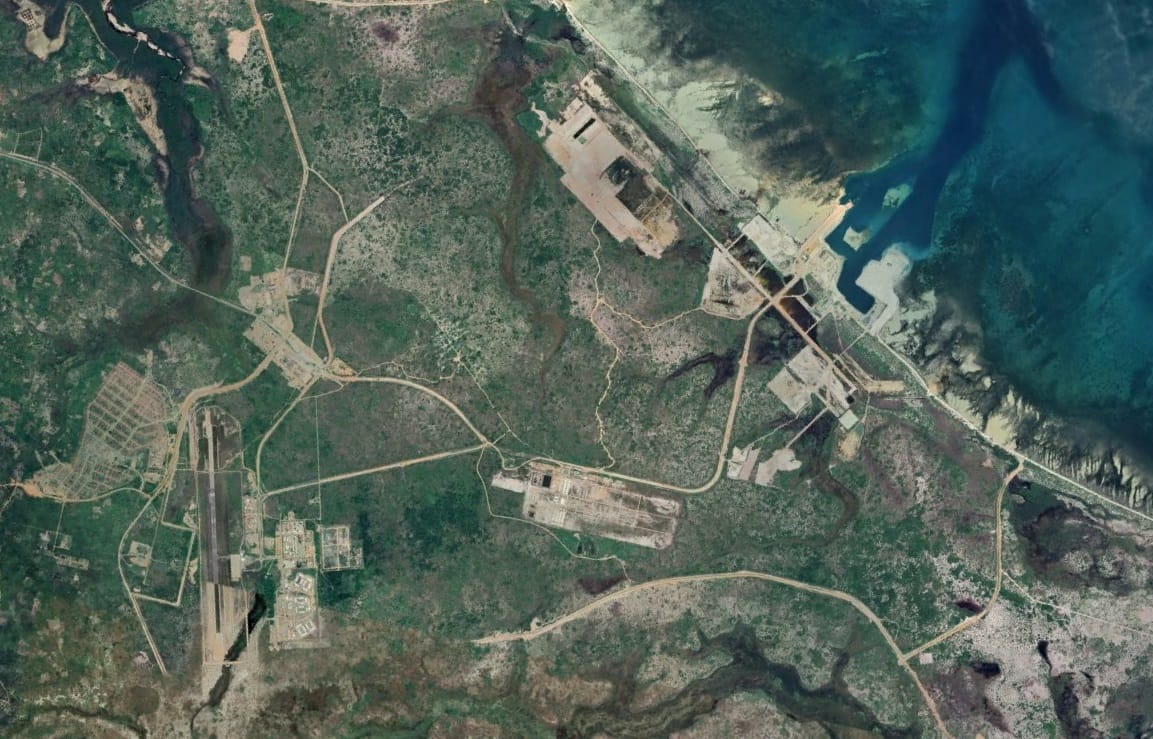The Mozambican military force responsible for protecting the international gas projects on the Afungi peninsula in Cabo Delgado province is no longer being paid directly by private companies, Zitamar News can reveal.
Since October last year, the contingent known as the Joint Task Force (JTF) has been operating under undisclosed terms recommended by French humanitarian Jean-Christophe Rufin, who advised one of the lead developers, TotalEnergies of France, in a report published in May 2023 that it should no longer directly fund the JTF to avoid being implicated in potential human rights abuses.
Work on the multi-billion-dollar projects has been largely suspended since an insurgent attack on the nearby town of Palma in 2021, but TotalEnergies is expected to restart work later this year in the light of improved security in northern Cabo Delgado — although it is concerned about security elsewhere.
Under the new agreement signed by the Ministry of Finance and the Ministry of Mineral Resources and Energy, companies involved in the liquefied natural gas projects led by TotalEnergies and ExxonMobil pay a subsidy to the government of Mozambique, rather than straight into the accounts of JTF soldiers. Zitamar understands that the subsidy is slightly higher than the previous sum, which amounted to approximately $80,000 per month and topped up the salaries of JTF soldiers by 75%.
The JTF can no longer rely on civilian logistical infrastructure, forcing the Mozambican government to invest in additional transport and communications support. The force is also no longer based inside the main project camp at Afungi, and officers cannot eat in facilities reserved for civilian personnel. Internal camp security is provided by private companies, such as the Rwandan firm ISCO.
The JTF consists of around 800 personnel but it can be expanded to up to 1,500. It is also reinforced with 200 Rwandan police and now includes a Rwandan-run field hospital with surgical facilities.
TotalEnergies is expected to soon publish another report by Rufin following up on the implementation of his recommendations.
President Filipe Nyusi confirmed on Friday that additional Rwandan troops were sent to Mozambique last week to reinforce its mission fighting Islamic State-backed insurgents in Cabo Delgado. These troops will replace outgoing Southern African Development Community forces in Macomia district, which has seen intense fighting in recent weeks.
Nyusi also told reporters that he met Rwandan President Paul Kagame four times during his trip to Kigali last week, including two meetings with TotalEnergies chief executive Patrick Pouyanné and one with Eni chief executive Claudio Descalzi.
Correction: This article was amended on 21/5/2024 to clarify that Rwandans are not part of the JTF but provide supporting troops.









